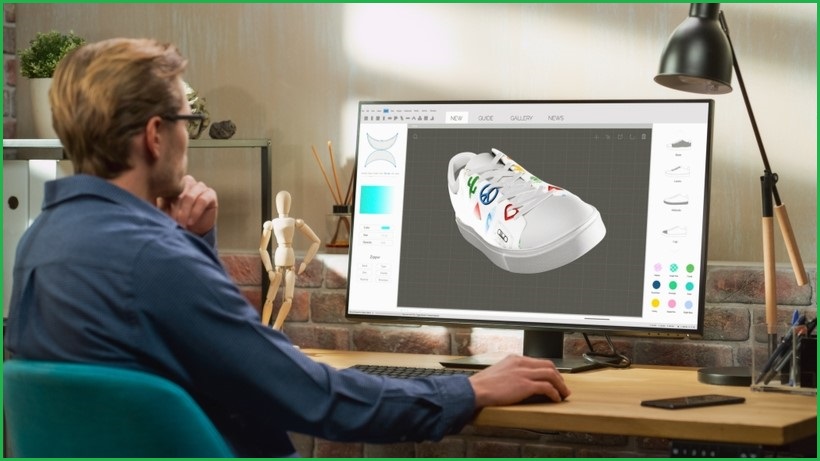An AI startup that claimed to “magically” produce 3D models in minutes using machine learning has actually been using human artists to do a lot of the work, according to a new report.
Kaedim, founded in London in 2020, claims to use artificial intelligence to convert a client’s 2D drawing into a 3D image in minutes.
Its founder, Konstantina Psoma, was included in Forbes’ 30 Under 30 Europe recently, and the company has raised $US1.5 million.
But an investigation by 404 Media has found that Kaedim has been using humans more prominently than the company claimed, and that at times the entire conversion to 3D was done from scratch by a human without the use of any AI.
Citing two sources, the report said that Kaedim had hired numerous people from around the world in “quality control” roles, and that they were paid as little as $US1 to $US4 per model produced.
The sources also said that sometimes this was done without the involvement of machine learning at all, and that what was produced by the AI system was often of such low quality that it would “just be an unrecognisable blob or something instead of a tree, for example”.
The close involvement of human artists is in contrast to how the tech company was marketing its product to its clients.
An archival version of Kaedim’s website from July this year said the company could “magically generate custom 3D models in minutes”.
“Stop losing hours to modelling tools,” the website said. “Generate stunning 3D art with nothing more than an image.”
Psoma has previously claimed that the company was “automating the boring parts” of 3D modelling.
“Our software automatically models the geometry from scratch,” she told Forbes last year.
“Now anyone can integrate the automatic 2D to 3D conversion into their apps, games and metaverses.”
Following publication of the 404 Media story, the Kaedim website has since been updated to acknowledge the role of human artists in the process.
“Kaedim’s machine learning and in-house art team combine to deliver production-quality assets in minutes,” it says currently.
The company has also acknowledged a third stage in its process, following the 2D drawing being put into its AI machine.
After this, a “Kaedim artist examines your model and makes the necessary changes to make it ready for production”.
The investigation found LinkedIn profiles for Kaedim “quality control” workers from Argentina, Indonesia, Ethiopia and Spain.
A job listing posted last year was looking for applicants to produce “low-quality” 3D images 15 minutes after they were requested by a client.
The company’s CEO later addressed this issue in a Medium post, saying that these workers help to train the algorithm.
“Our 3D team members are really important to us as they work hand in hand with our machine learning engineers to give feedback on our technology and make sure all generations fit our quality standards,” Psoma said in the post.
“They make sure our assets don’t contain any technical faults, they inspect the level of detail-capture of our algorithms and they help with improvements where necessary.”
Kaedim charges up to $US1,000 per month for clients looking to use its platform to create 3D images, or $US150 per month for 10 models.
The company has now said that it has cut the time it takes to generate 3D models in half since last year.
“We’re improving our system every day and aim for a fully autonomous release during 2024,” the company said.
“With a fully autonomous generation system, we’ll be able to provide plans that better target the prosumer use case.”










